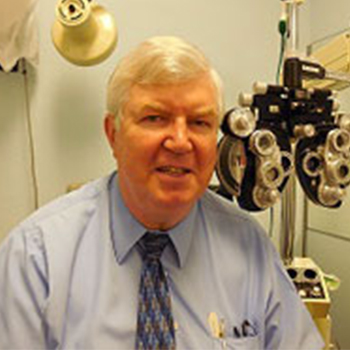Diabetic retinopathy is an ocular manifestation of diabetes, a systemic disease, which affects up to 80 percent of all patients who have had diabetes for 10 years or more. The longer a person has diabetes, the higher his or her chances are of developing diabetic retinopathy.
Despite these intimidating statistics, research indicates that at least 90 percent of new cases could be reduced. Education on diabetic eye disease and retinopathy is especially important because it is often preventable or treatable. Unfortunately, this means it can go unnoticed in the early stages. As the disease progresses, permanent vision loss is a real possibility if the patient does not receive treatment.
There are multiple forms of diabetic retinopathy, and only your doctor can determine your particular form. With one form, blood vessels may swell and leak fluid. In another, abnormal new blood vessels grow on the surface of the retina.
Stages of Diabetic Retinopathy
In the early stages of diabetic retinopathy, many do not notice a change to their vision because there are little to no symptoms. If an eye doctor does not catch diabetic retinopathy early, one could sustain mild blurriness at near or far distances, as well as floaters. In severe cases, a sudden loss of vision may occur.
Unfortunately, diabetic retinopathy can result in permanent damage that cannot be reversed. However, if caught in time, prescribed treatments may slow development and prevent vision loss.
Concerned about the onset of diabetic retinopathy? Please call us at 210-653-5665 to schedule a preventative eye examination today with Dr. James Anderson.


